Breakthrough in Battery Tech: Engineers Keep Improving Lithium-Ion Cells
While automakers often tout solid-state batteries as the next big leap in energy storage, engineers continue to refine existing solutions.
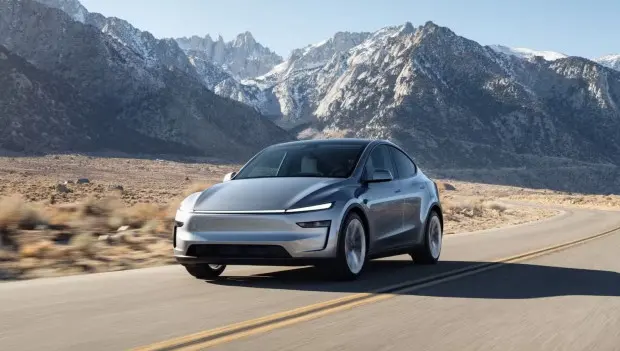
Despite the hype around solid-state batteries as the industry’s future breakthrough, engineers are still making important advances with today’s lithium-ion cells. A good example comes from Panasonic’s latest research into conventional lithium-ion batteries with liquid electrolytes—the type used in most modern EVs.
The Japanese giant, which supplies batteries to Lucid, Tesla, and Toyota through its Panasonic Energy division, has developed a process that eliminates the need for a lithium anode during manufacturing. Instead, the anode forms itself during the battery’s first charge. This frees up space for more cathode material—aluminum, nickel, and cobalt—allowing the battery to deliver higher capacity without changing its size.
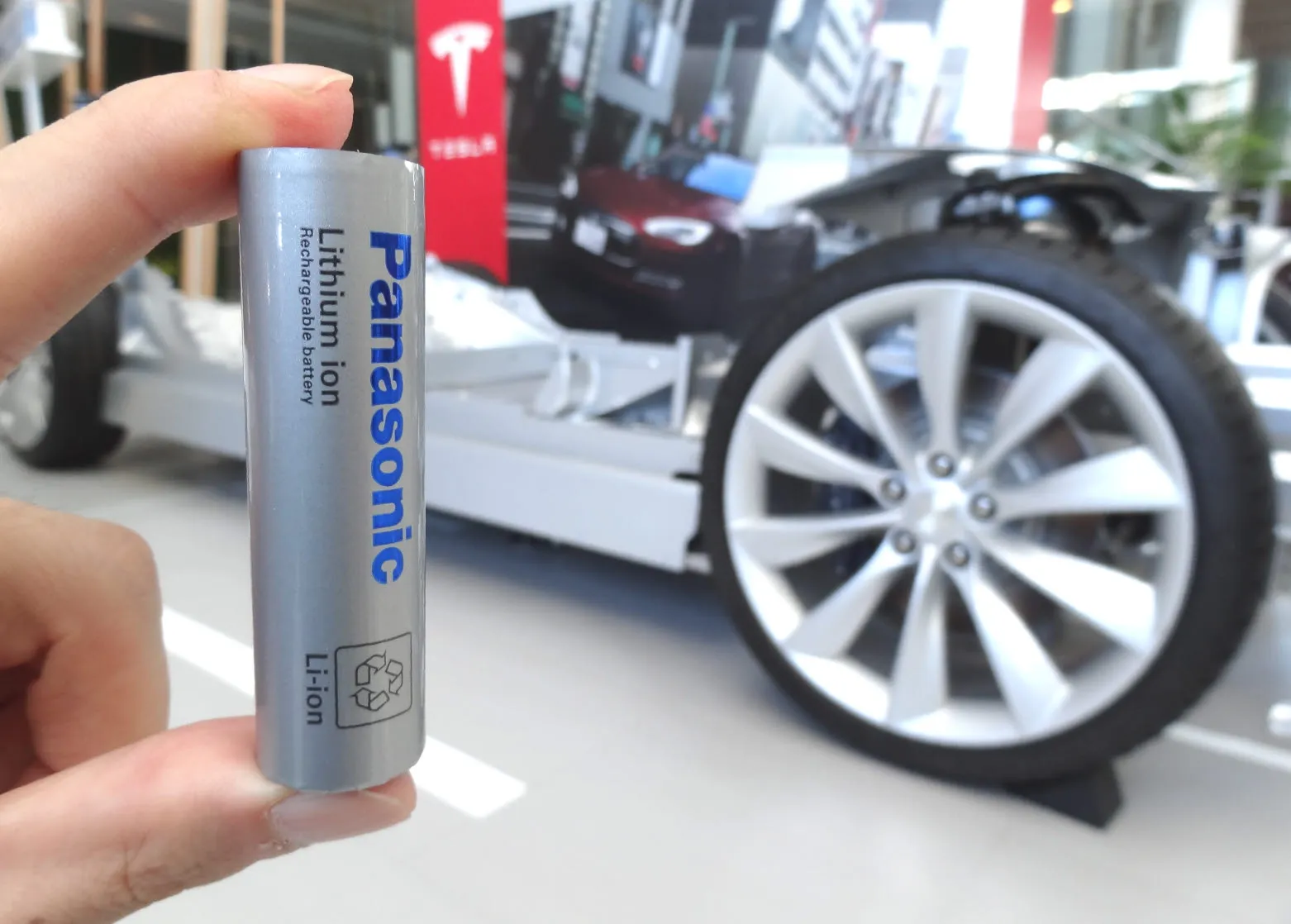
More range — smaller battery
In an interview with Reuters, a Panasonic representative said the new technology could boost battery capacity by about 25%. For example, in the Tesla Model Y, keeping the same battery size could extend driving range by nearly 90 miles. According to EPA data, the 2025 Model Y can currently travel up to 334 miles on a single charge; with a 25% increase, that figure would exceed 385 miles.
The same approach could also enable more compact—and potentially less expensive—battery packs that still deliver today’s range.
While Panasonic hasn’t disclosed cost details, the company has previously mentioned plans to reduce the share of nickel in its cells, a move expected to cut production expenses. The new technology could be ready by late 2027, though the timeline for mass-market adoption remains uncertain. Meanwhile, Panasonic’s competitors are working on similar innovations.
You may also be interested in the news:
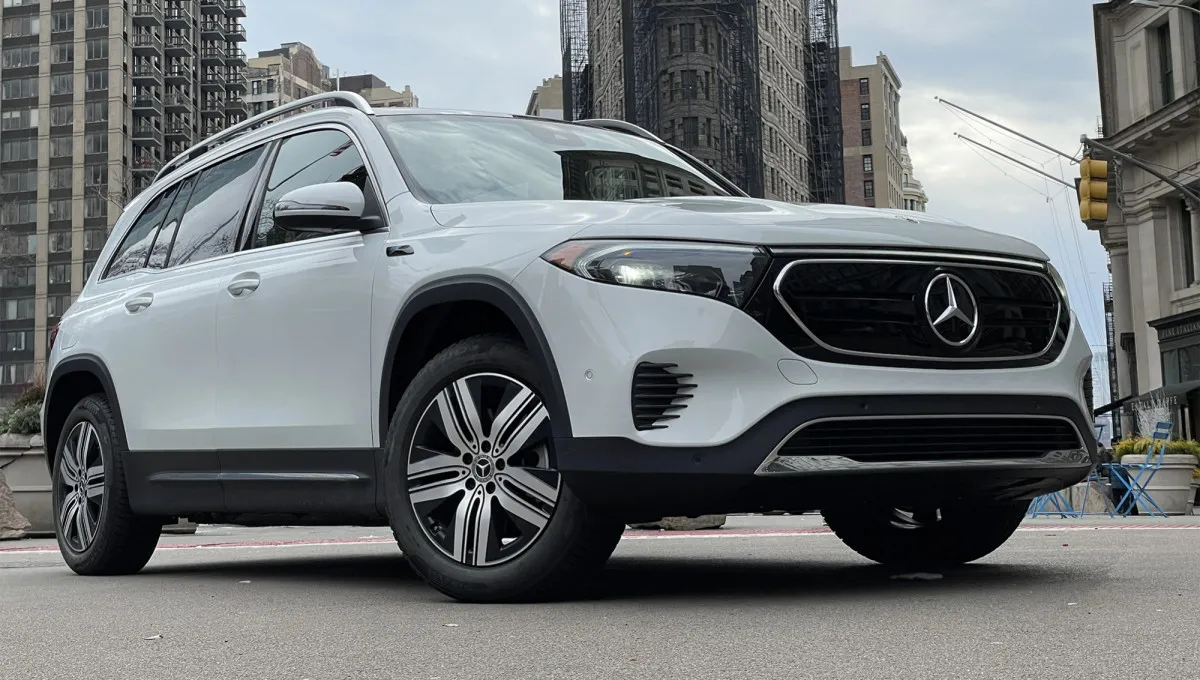
20,000 vehicles recalled by Mercedes-Benz: uncontrolled fire risk identified
Nearly 20,000 Mercedes-Benz EQA and EQB electric crossovers have been found to have issues with their traction batteries.
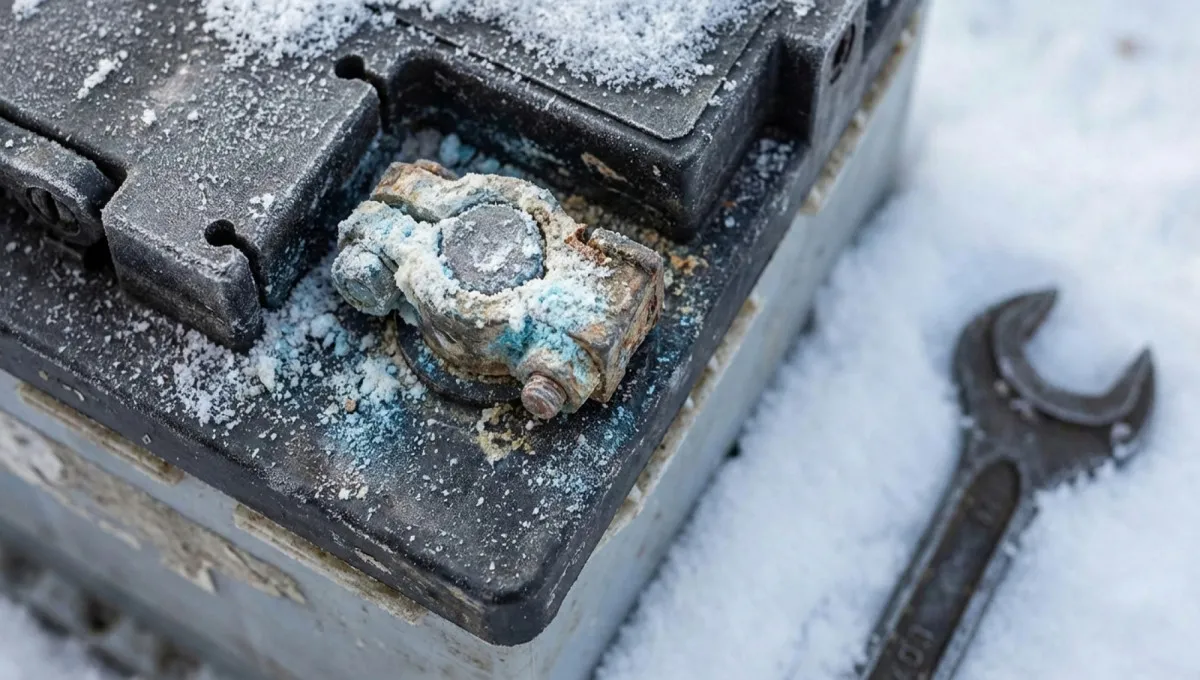
Don’t Rush to Buy a New Battery: 2 Tricks to Start Your Car Even at -22°F
Admit it — nothing’s worse than hearing “vrrr… vrr… k…” when you’re running late on a freezing winter morning.
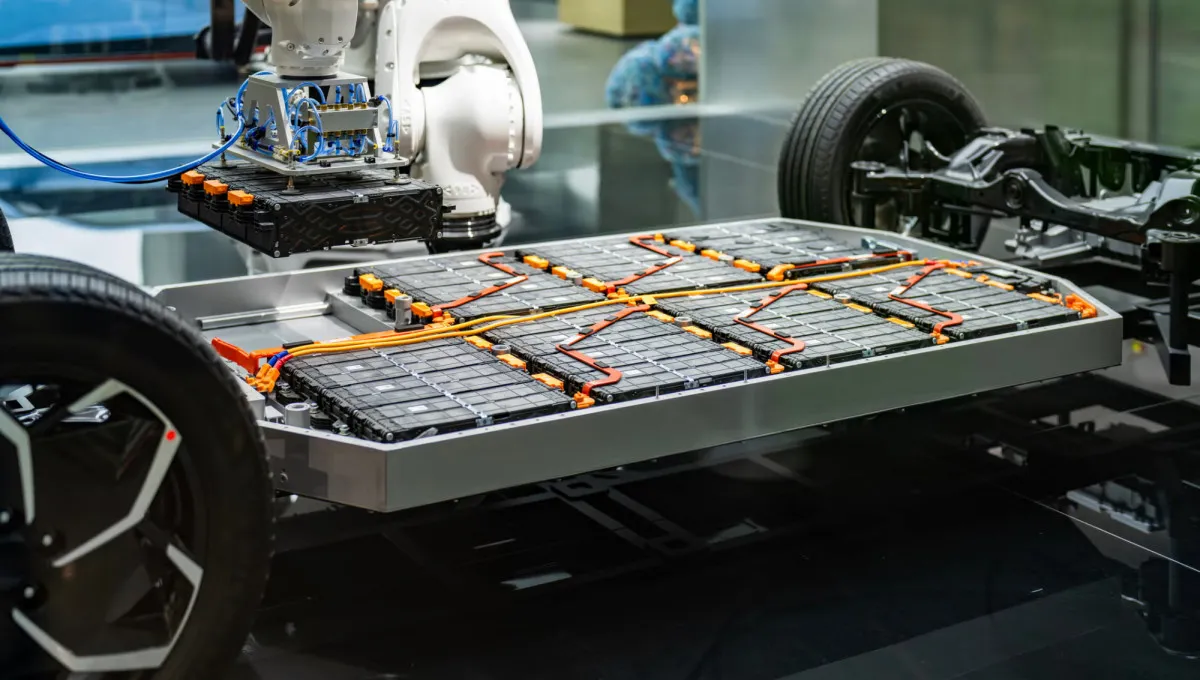
Setting the Direction at Home — Then Worldwide: China to Approve Solid-State Battery Standard
China is set to release its first national standard for solid-state batteries in July 2026, as the country prepares for mass production next year.
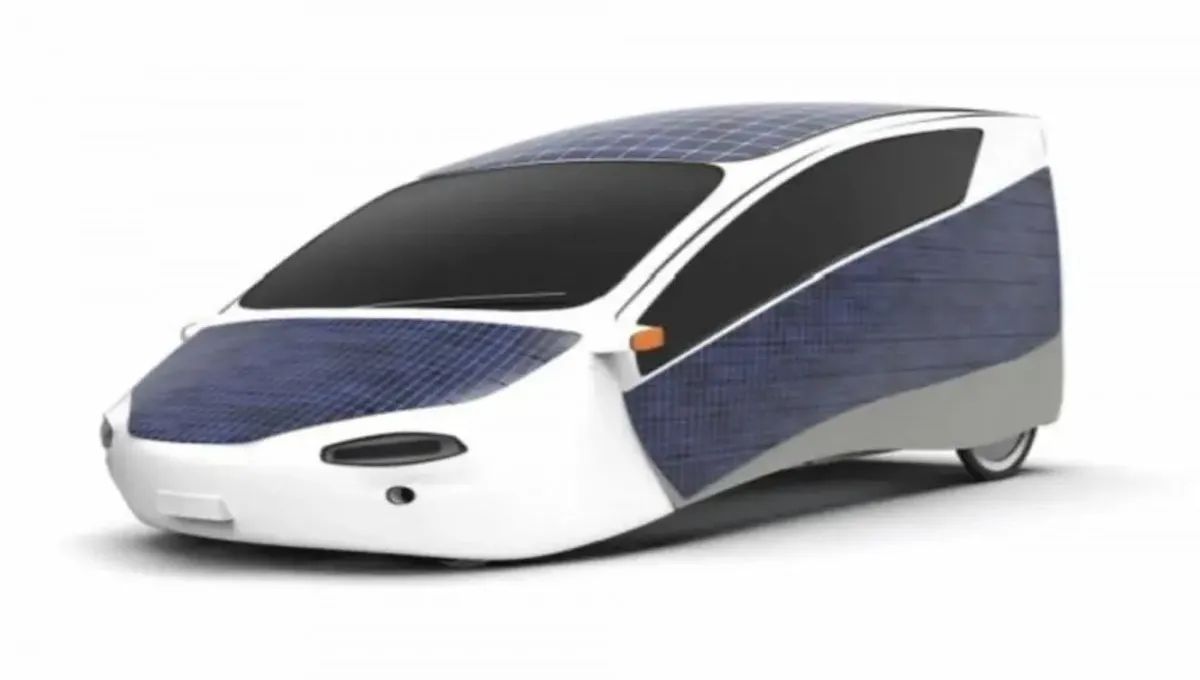
Revolutionary Solar-Powered Vehicle Is Born: Now I’ve Seen Everything!
A half-bicycle, half-car vehicle running on an alternative energy source has been invented.
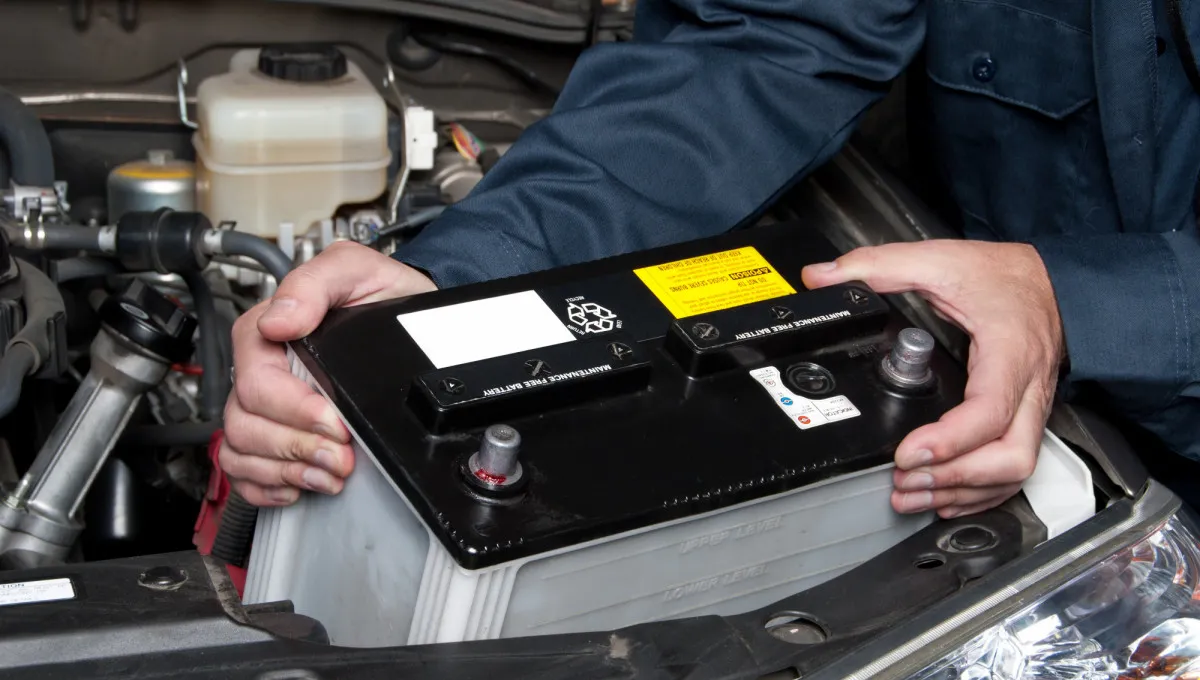
Why Drivers Warm Up Their Car Batteries in Winter Even When Cold Doesn’t Drain Them
At first glance, it seems obvious. Everyone knows that batteries perform worse in cold weather than in warm conditions—they deliver less current, lose usable capacity, and struggle overall.